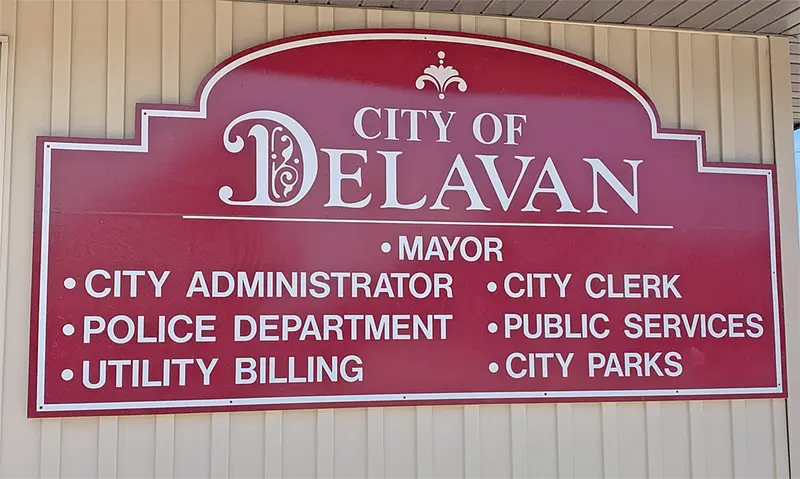
Delavan Rejects Events Coordinator Proposal, Bucking a Growing Trend Among Illinois Small Towns
While many small towns across Illinois are turning to tourism directors and event coordinators to drive economic revival, the Delavan City Council has taken a different path—one that’s raising eyebrows among local development advocates.
At the most recent council meeting, Interim City Administrator Eric Diekhoff proposed hiring an events and tourism coordinator to help bring foot traffic back to Delavan’s downtown. The idea was to fund the position using savings from keeping a part-time interim administrator. But despite the minimal budget impact and growing evidence from nearby towns that such roles pay dividends in community engagement and local spending, the council swiftly voted the proposal down, 3-1, with little debate.
The decision stands in contrast to neighboring communities that have seen measurable success. In Princeton, Tourism and Events Director Jill Harless emphasized the impact of her role: “We’ve seen a real shift in how people engage with our downtown. Events bring people in, and once they’re here, they shop, they eat, they explore. It’s about creating momentum.”
Effingham’s tourism coordinator echoed that sentiment. “Our downtown was struggling until we started investing in coordinated events,” said Amanda Keller. “Now we have a full calendar, and businesses are thriving because of the consistent foot traffic.”
In Morris, the city’s tourism office has become a hub for collaboration. “We’re not just planning events—we’re building partnerships,” said Director of Community Affairs Lisa Thomas. “When the city invests in promotion and coordination, it sends a message that we believe in our local businesses.”
That contrast has sparked questions within Delavan: What good is it to use TIF dollars to help rebuild the downtown if there's no coordinated effort to bring people there? Is the expectation that businesses, many of which are operating on tight margins, will take on the job of marketing and event planning alone?
Supporters of the initiative argue that a tourism coordinator could be the glue connecting infrastructure investments with real economic activity, turning renovated storefronts into thriving destinations. Without that connection, they warn, even well-intentioned revitalization efforts may fall flat.
As Delavan moves forward, the council’s decision leaves residents and business owners wondering what the broader vision for the city’s future looks like—and whether the city is willing to invest not just in buildings, but in the people and planning needed to fill them with life.